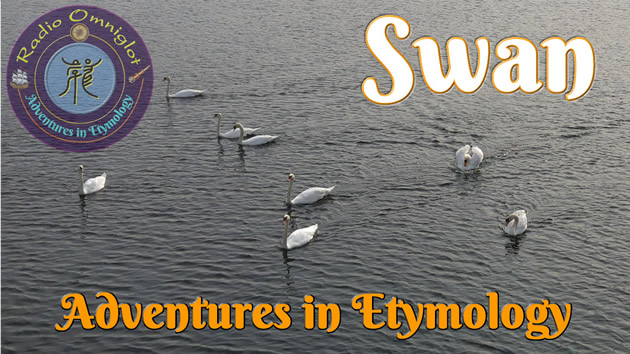Podcast: Play in new window | Download
In this episode of the Celtic Pathways podcast, we discover the possible Celtic roots of words for gravel in English and other languages.
Gravel [ˈɡɹævəl] is small fragments of rock, used for laying on the beds of roads and railways, and as ballast, and other things (other meanings are available).
It comes from Middle English gravel / gravail(le) (sand, gravel, shingle, pebbles), from Old French gravele (gravel), a diminutive of grave (gravel, seashore), from Medieval Latin grava, possibly from Gaulish grava, from Proto-Celtic grāwā (gravel, pebbles), from Proto-Indo-European *gʰroh₁weh₂, from *gʰreh₁w- (to grind) [source].
Words from the same Proto-Celtic roots in the modern Celtic languages include gro (gravel, shingle, gravelly shore, strand) in Welsh, grow (gravel) in Cornish, and grouan (gravel) in Breton [source].
For more details of words for gravel and related things in Celtic languages, see the Celtiadur post Gritty Gravel.
Words from the same Proto-Celtic roots in the non-Celtic languages include grava (gravel) in Catalan, grève (flat, sandy land along the sea or a large river) in French, grava (gravel) in Spanish, and grave (gravel, shore, gravelly ground) in Occitan [source].
Words from the same PIE roots in other languages include: grit, groat, grout and gruel in English, Grieß (semolina) in German, grjót (coarse stones, rubble) in Icelandic, gryt (a badger’s sett, a fox’s den) in Swedish, riutta (reef) in Finnish, and grúodas (frozen mud or earth) in Lithuanian [source].
Incidentally, one Old English word for gravel was ċeosol [ˈtʃeo.sol], which comes from Proto-West-Germanic *kesul (small stone, pebble). This became chisel and chessil (gravel or pebbles) in modern English, and is cognate with Kiesel (pebble) in German, kiezel (pebble, flint, silicon) in Dutch, and kisel (silicon) in Swedish [source].
Radio Omniglot podcasts are brought to you in association with Blubrry Podcast Hosting, a great place to host your podcasts. Get your first month free with the promo code omniglot.















